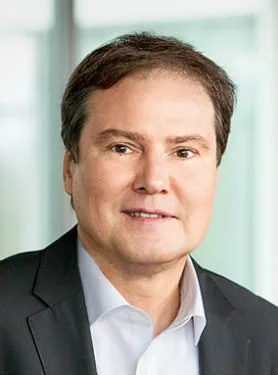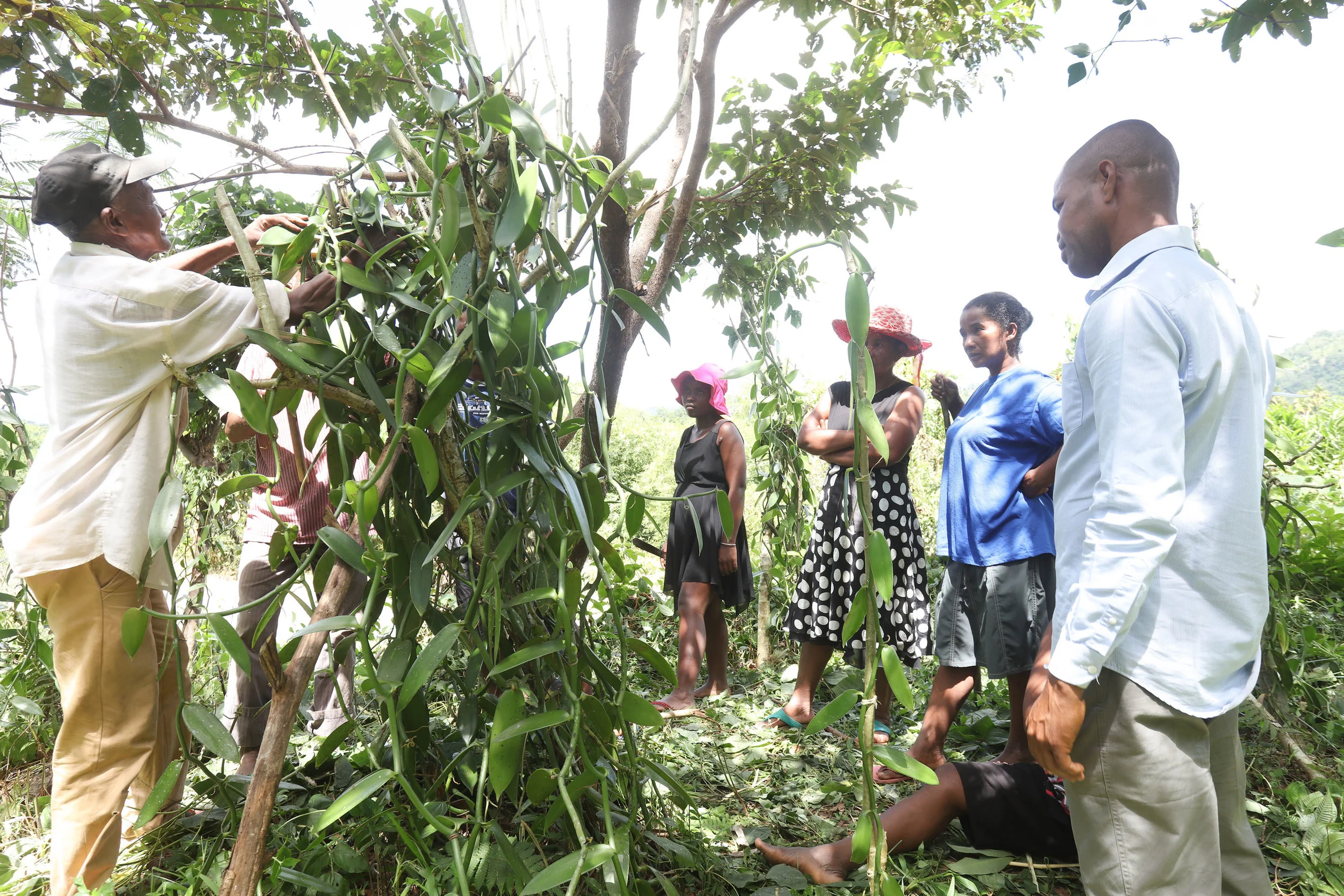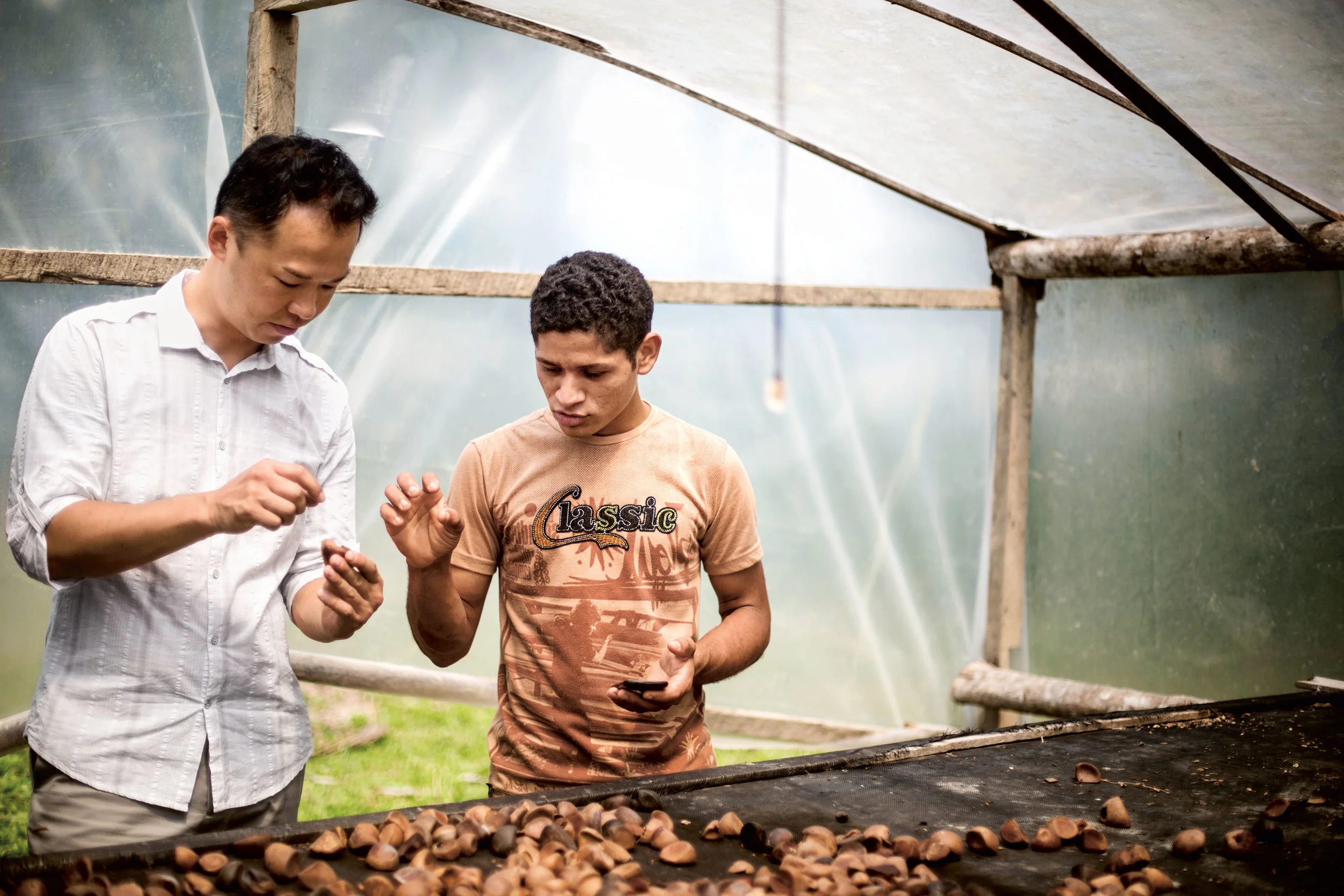Dr. Heinz-Juergen Bertram, Former CEO of Symrise (from 2009 to 2024)
“Biodiversity is our business” – Dr. Bertram
Dr. Heinz-Juergen Bertram, Former CEO of Symrise AG He hold this position from 2009 to 2024.
UEBT is interviewing member companies who lead the way in ethical sourcing. Since 2009, Dr. Heinz-Juergen Bertram has been Chief Executive Officer of Symrise, one of the world’s top providers of fragrances, flavors, active ingredients and aroma chemicals as well as sensorial and nutritional solutions for the perfume, cosmetic, pharmaceutical, food, beverage, pet food and baby food industries. He holds a doctorate in Chemistry and has been with the company for more than 20 years.
Why is it strategically important to Symrise to further strengthen its systems for sourcing natural ingredients with respect for people and biodiversity?
To Symrise, biodiversity is more than a source of precious natural raw materials, it also serves as an invaluable source of innovation and inspiration for flavors, fragrances and cosmetic and functional ingredients. We want to make sure our portfolio is connected to sustainable sourcing systems that operate well within planetary, social and ethical boundaries, and continue to provide our markets with high quality natural raw materials.
These natural ingredients enable us to create unique product solutions that bring added value to our clients’ products and touch the senses of the consumer. In addition, we work closely in partnership with smallholder farmers and local communities in Madagascar, the Brazilian Amazon, Indonesia, Ecuador and other regions, to improve their standard of living. In brief: Symrise cares about society, farmers, and biodiversity in all we do, because these are critical success factors for us and our stakeholders.
UEBT members commit to enhance their ethical sourcing systems and adopt three year work plans. What are the main goals and targets that Symrise has set for itself in this regard?
We will further integrate Ethical BioTrade principles and criteria into our supply chain management and sourcing procedures and continue to encourage our suppliers and customers to adopt these principles and criteria, as well. We will continue to support biodiversity friendly cultivation and collection practices for natural raw materials, including aromatic plants. Also, we will further engage in the implementation of the Nagoya Protocol by promoting bio-based innovations in line with the access and benefit sharing (ABS) principles. Last, but not least, we will act as an ambassador for responsible stewardship of biodiversity and strongly promote awareness among our stakeholders of the material and intrinsic values of biodiversity and associated traditional knowledge for our industry.
What do you see as the biggest challenges in sourcing with respect for people and biodiversity, for global companies like yours and the sector more generally?
Given the complexity of some natural raw material supply chains – for example, essential oils – transparency and traceability of material flows remain a constant challenge for the whole flavor and fragrance industry. Our industry also sometimes struggles with limited leverage to improve supply chain performance and resilience and to create positive social and environmental impact along the supply chain. This is because our industry tends to be only a minor player compared to the main market, for example when it comes to the valorization of bio-based sidestreams from other industries.
And how do you to tackle these challenges?
For many years, Symrise has worked at continuously strengthening our backwards-oriented integration strategy and intensifying our collaboration with local growers and collectors. This increases our leverage to support capacity development as well as scientific and technical knowledge transfer along the value chain and in both directions.
Vision and engagement from top management are crucial for companies to successfully adopt more sustainable business models. How are you personally doing this?
First, by increasingly putting biodiversity at the heart of our strategy and business model. Second, by systematically allocating resources for an effective biodiversity management. Third, by investing more and more into biodiversity-based innovations. Last, but not least, by encouraging all Symrise teams to engage in the creation of novel biodiversity-based business models and product solutions. In the end, this will help us to generate positive ecological and socioeconomic impact within our business ecosystem and simultaneously promote sustainable growth of our industry.
What inspires you most to drive a company-wide commitment to sourcing with respect for people and biodiversity?
I am inspired by the fact that biodiversity is not only a powerful concept for sustainable development, but also for our own work. To me, biodiversity simply stands for “nature” and “life” – and this is exactly what our business model is all about. My understanding is that biodiversity ensures nutrition, provides taste, promotes health, supports wellbeing, inherits beauty, inspires culture and, in the end, touches the senses of all people.




